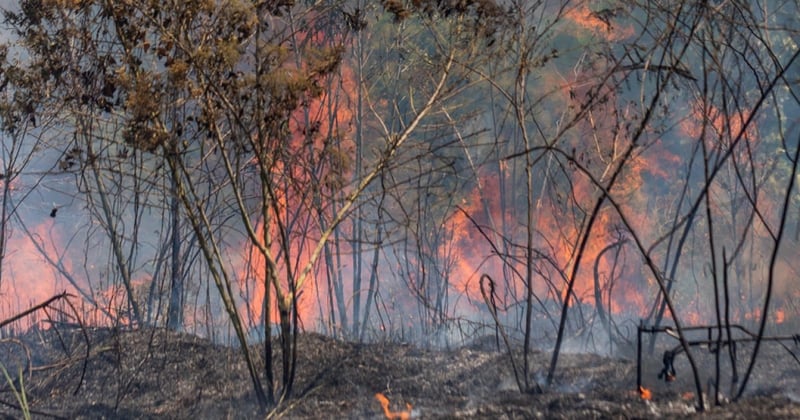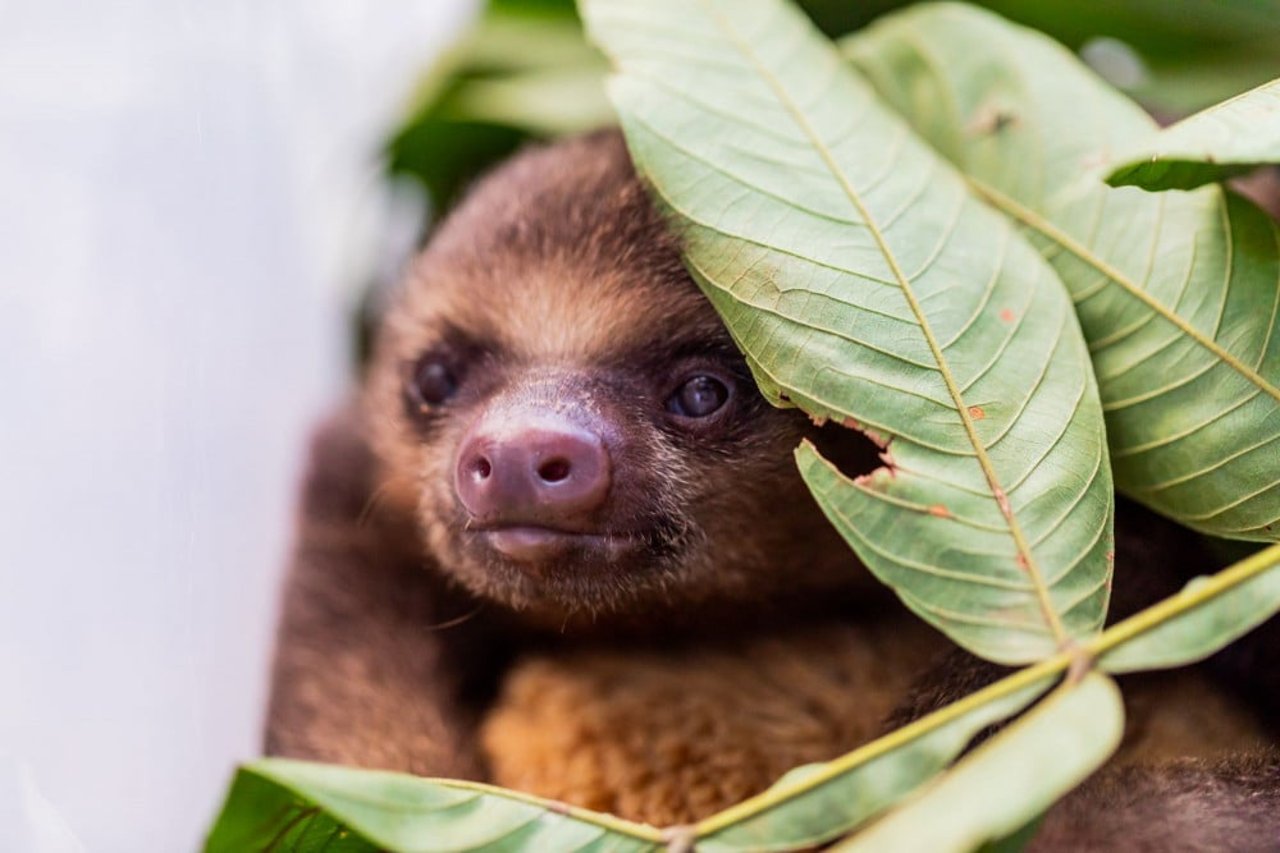
Helping animals affected by Amazon wildfires
News
The Amazon is burning with fires threatening 10% of the world’s biodiversity
Thanks to your support, a disaster team deployed to assess the needs of animals affected by the fires, and the capacity of local rescue teams and treatment centres.
You’re providing support in Acre State, Brazil to the fire department and the CETAS – Wild Animal Screening Centres – where injured wild animals are treated and rehabilitated.
About 15 days ago, there two sloth babies which arrived at the CETAS. Their mother is believed to have escaped from the fire but left the babies behind.
Sadly, animals are often the forgotten victims of disaster.
“Anteaters, sloths and snakes are the animals most rescued and sent to the receiving centres. Hawks and owls are also terribly injured. Often these animals flee the fire zones and end up in cities where they face other dangers from electric shocks and roadkill to aggression from frightened people.”
- João Gonçalves, Brazil Communications Manager, World Animal Protection
Image Credit: Noelly Castro/World Animal Protection
The Amazon rainforest is home to around 10% of the earth’s animal species. These animals have few choices to save themselves from the flames, smoke and heat. Faster animals like jaguars can try to run, birds can fly, but with so many trees in flames, they can become overcome by smoke or have no place to land. Slower animals like sloths rely on luck. If they take refuge in the wrong tree, they suffer terribly and even die. Slow ground animals can either try to hide by burrowing underground or heading for water or they can perish – burn to death in the flames, suffocate from smoke inhalation, or perish from the intense heat.
The total animal impact is currently unknown, but it’s expected that millions of animals are affected, thousands will have perished and many thousands more will need urgent medical treatment and relocation to safer areas.
With the ongoing help of our supporters, our teams will continue their work on the ground. We’ll keep you updated as further news comes to hand.
Header Image Credit: Noelly Castro/World Animal Protection
The total animal impact is currently unknown, but it’s expected that millions of animals are affected
